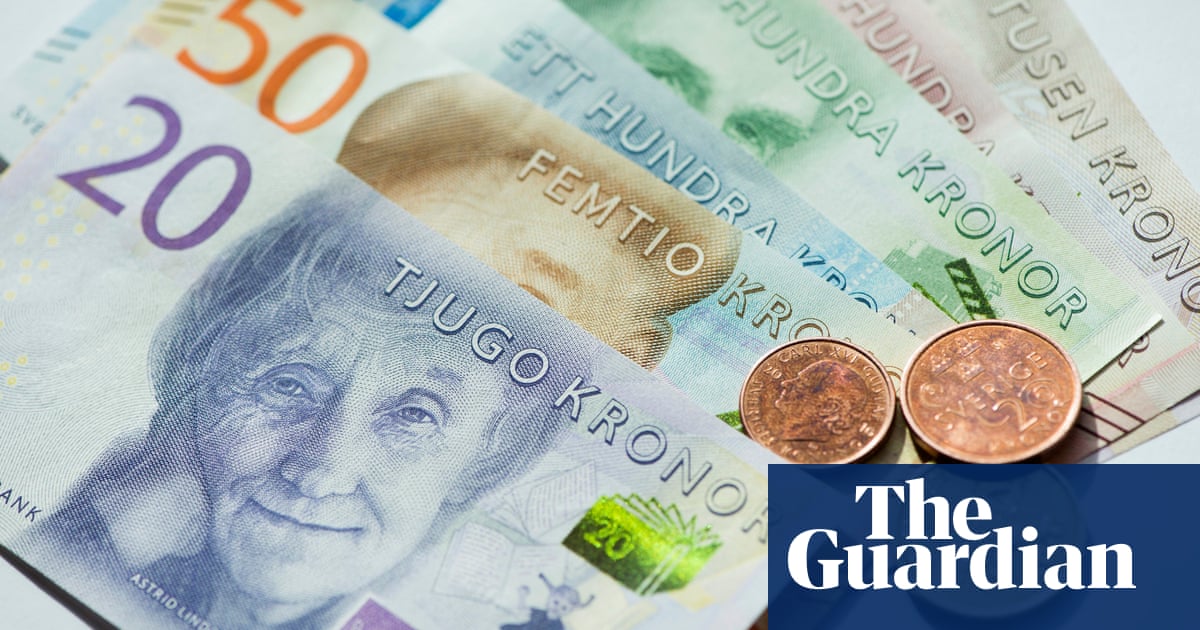cross-posted from: https://feddit.org/post/4262252
A combination of good high-speed internet coverage, high digital literacy rates, large rural populations and fast-growing fintech industries had put the Nordic neighbours on a fast track to a future without cash.
[…]
But Russia’s invasion of Ukraine in 2022 and a subsequent rise in cross-border hybrid warfare and cyber-attacks blamed on pro-Russia groups have prompted a rethink.
[…]
The Swedish government has since completely overhauled its defence and preparedness strategy, joining Nato, starting a new form of national service and reactivating its psychological defence agency to combat disinformation from Russia and other adversaries. Norway has tightened controls on its previously porous border with Russia.
[…]
[Norway’s] justice and public security ministry said it “recommends everyone keep some cash on hand due to the vulnerabilities of digital payment solutions to cyber-attacks”. It said the government took preparedness seriously “given the increasing global instability with war, digital threats, and climate change. As a result, they’ve ensured that the right to pay with cash is strengthened”.
[…]



there haven’t been card fees for end users in Sweden for many years. handling cash is a lot more expensive since you need somewhere secure to keep change, you loose time at the till handling the money, and you need to pay for someone to come pick it up. the time gained from just having the customers pay with card means businesses gladly swallow the fees.
and yes, i’m always surprised when going abroad how much more analog everything is. the nordics and Baltic’s are generally at about the same level (with Estonia way ahead), but the rest of the continent feels like it’s 10 years behind. I was once asked if I really wanted to pay with card in a corner shop in Leipzig, since the card fee was €10.
not that i’m a fan of the digitalisation, it makes marginalised groups even more marginalised. i see my elderly relatives struggling with it often.
The end user didn’t pay directly, but the companies very much pay for this privilege
Which is why Swish, and in Norway, Vipps has been a big thing. So the banks can get that revenue for themselves instead of sharing with visa / Mastercard